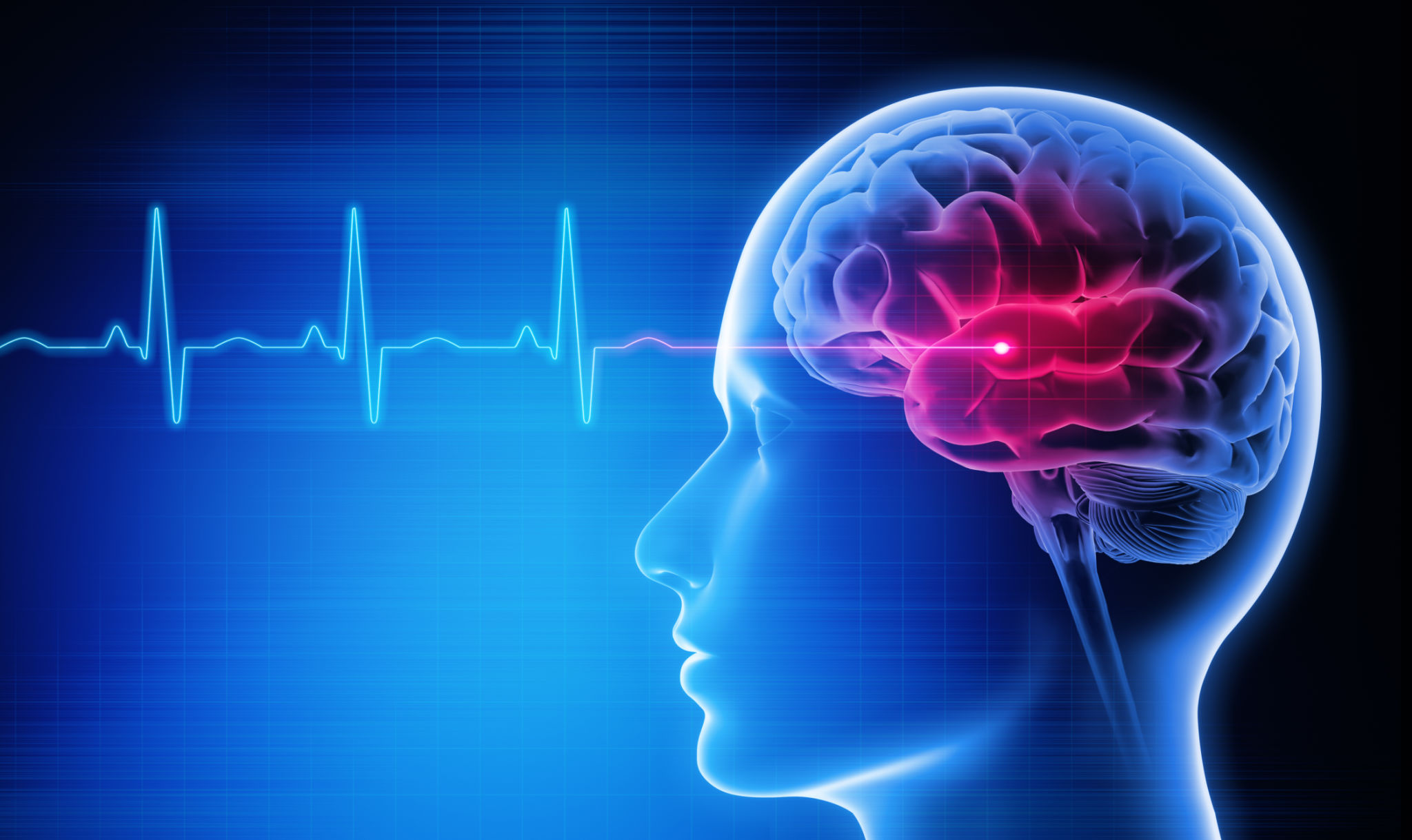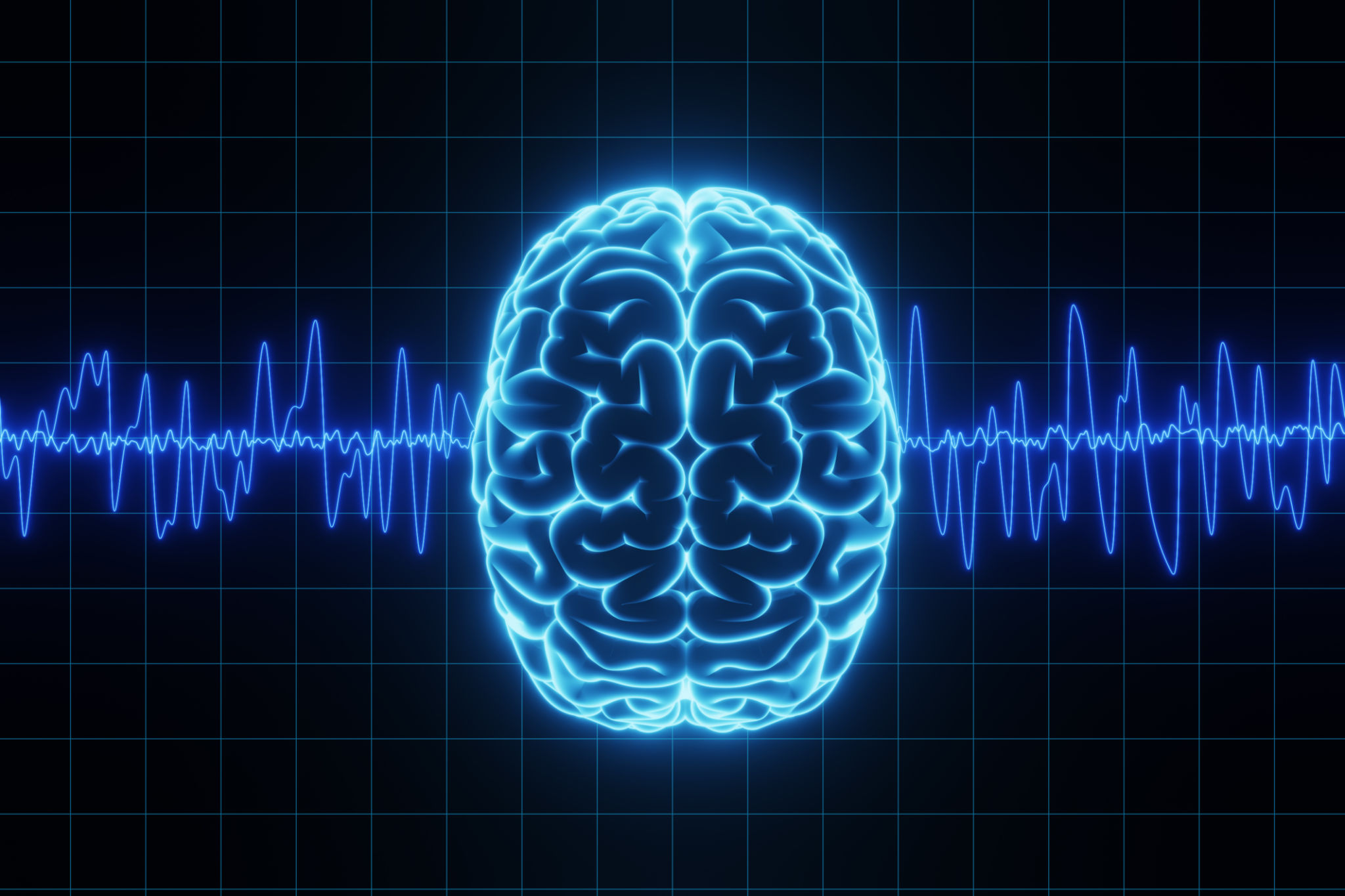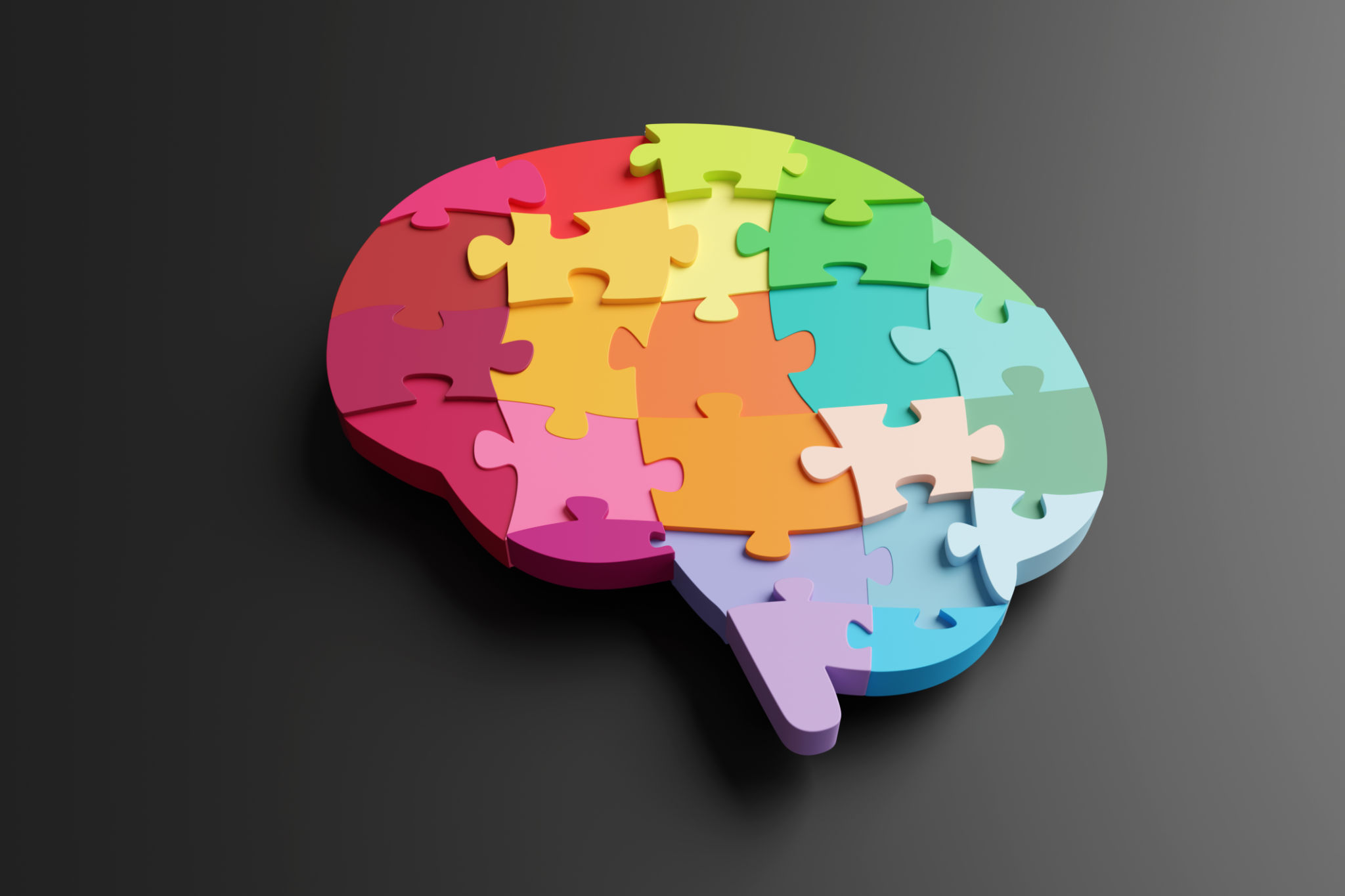Myth-Busting: Common Misconceptions About Brain Health
Understanding the Complexities of Brain Health
When it comes to brain health, there are numerous myths and misconceptions that can lead to confusion and misinformation. Understanding the truth about brain health is essential for making informed decisions about your well-being. In this blog post, we'll debunk some common myths and provide clarity on how to maintain a healthy brain.

Myth 1: Brain Health Declines Irreversibly with Age
One of the most pervasive myths is the belief that brain health inevitably deteriorates as we grow older. While it's true that some cognitive decline can occur with age, many people maintain sharp cognitive abilities well into their senior years. Engaging in regular mental and physical activities, maintaining a healthy diet, and staying socially active can all contribute to sustaining a healthy brain.
Moreover, recent research has shown that the brain can adapt and grow new neural connections throughout a person's life, a concept known as neuroplasticity. This means that it's possible to improve or maintain brain function by challenging it with new tasks and experiences.
Myth 2: You Only Use 10% of Your Brain
The idea that humans only use a small fraction of their brains is a widely circulated misconception. Modern neuroscience has demonstrated that we utilize far more than 10% of our brains. In fact, brain imaging studies show that almost all parts of the brain have some level of activity, even when we're at rest.

This myth likely originated from misunderstandings or misrepresentations of neurological research. The truth is, every part of the brain has a unique function, and they work together to perform even the simplest tasks.
Myth 3: Brain Games Significantly Improve Cognitive Function
Brain games and puzzles are often marketed as tools to boost cognitive performance significantly. While these activities can be enjoyable and may help with certain skills like memory or problem-solving in the short term, there is limited evidence to suggest they have a substantial impact on overall brain health.
- Engaging in a variety of challenging activities
- Learning new skills
- Maintaining a balanced lifestyle
These are more effective approaches to sustaining long-term cognitive health. The key is to keep your brain engaged with diverse and stimulating experiences.

Myth 4: Brain Supplements Are a Cure-All
The market is flooded with supplements claiming to enhance cognitive function and improve memory. However, scientific support for the effectiveness of these products is often lacking or inconclusive. In some cases, supplements may help address specific deficiencies, but they are not a substitute for a healthy lifestyle.
Instead of relying on supplements, focus on getting nutrients from a balanced diet rich in fruits, vegetables, whole grains, lean proteins, and healthy fats. These foods provide essential vitamins and minerals that support brain health naturally.
Conclusion: Embracing Evidence-Based Approaches
In conclusion, understanding the realities of brain health involves dispelling myths and focusing on evidence-based practices. Regular exercise, mental stimulation, social interaction, and a nutritious diet are key components in maintaining cognitive health. By embracing these strategies, you can help ensure that your brain remains sharp and resilient throughout your life.
